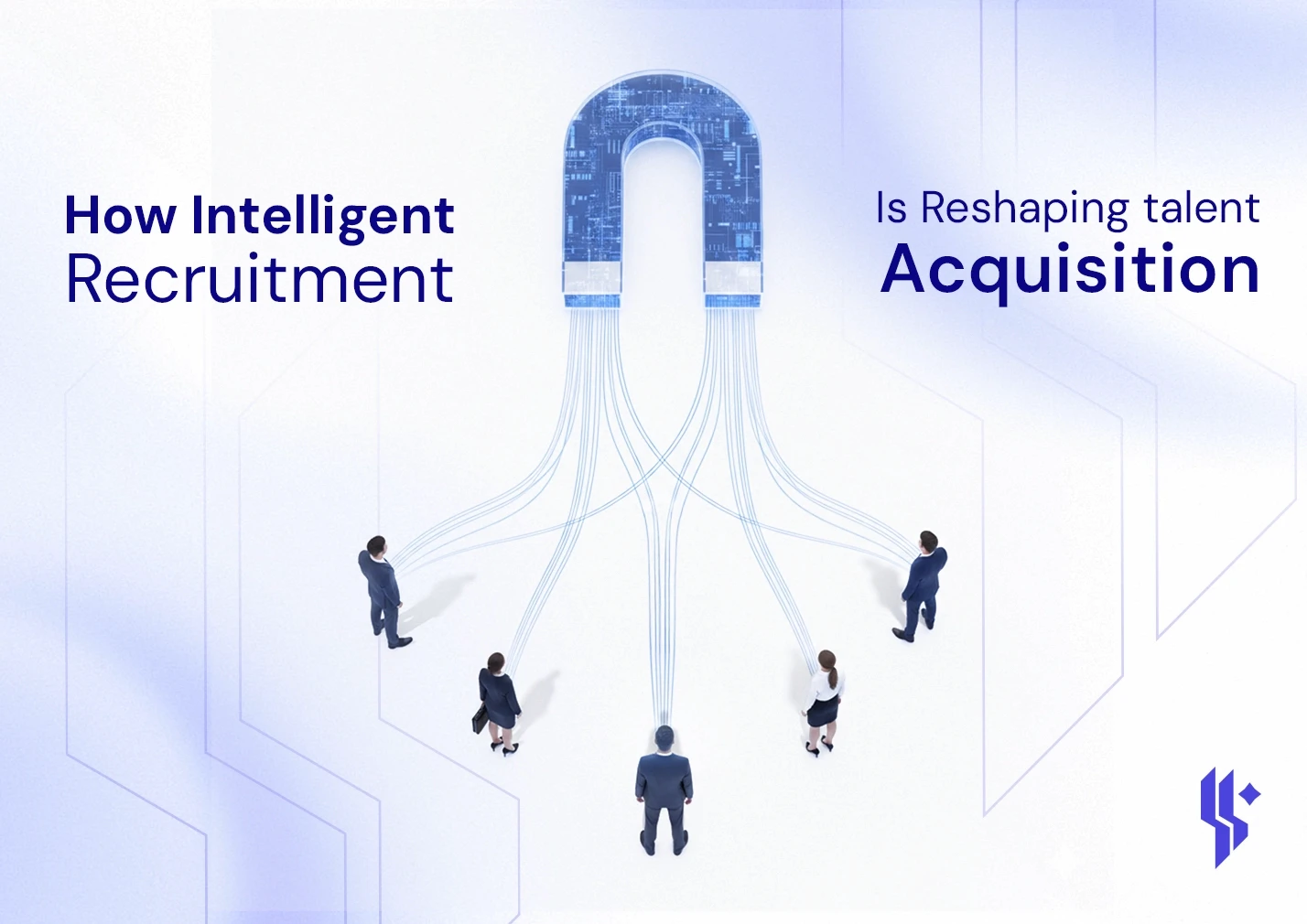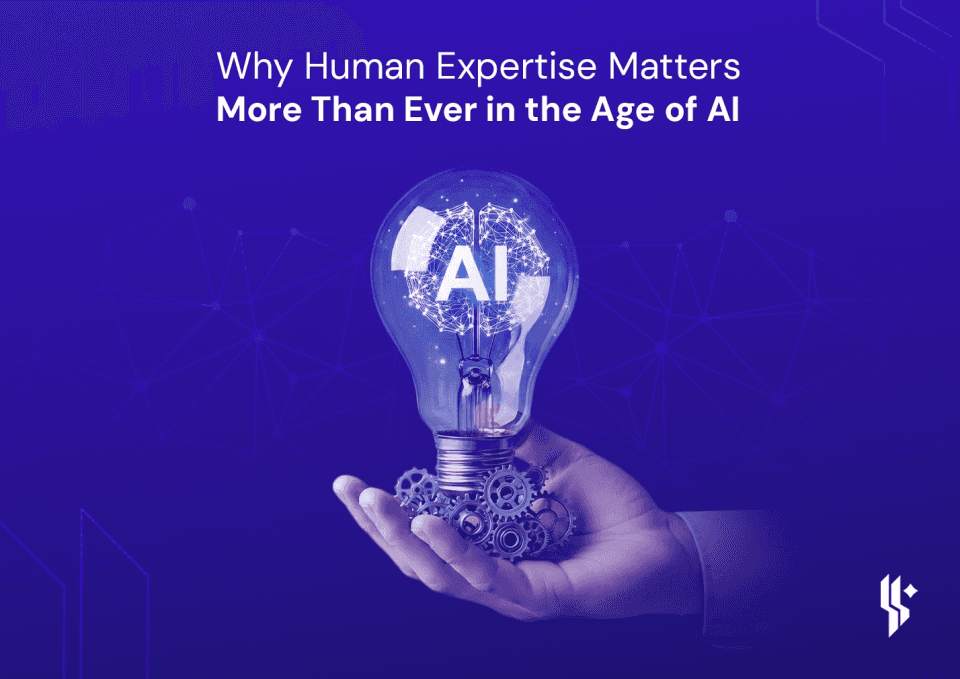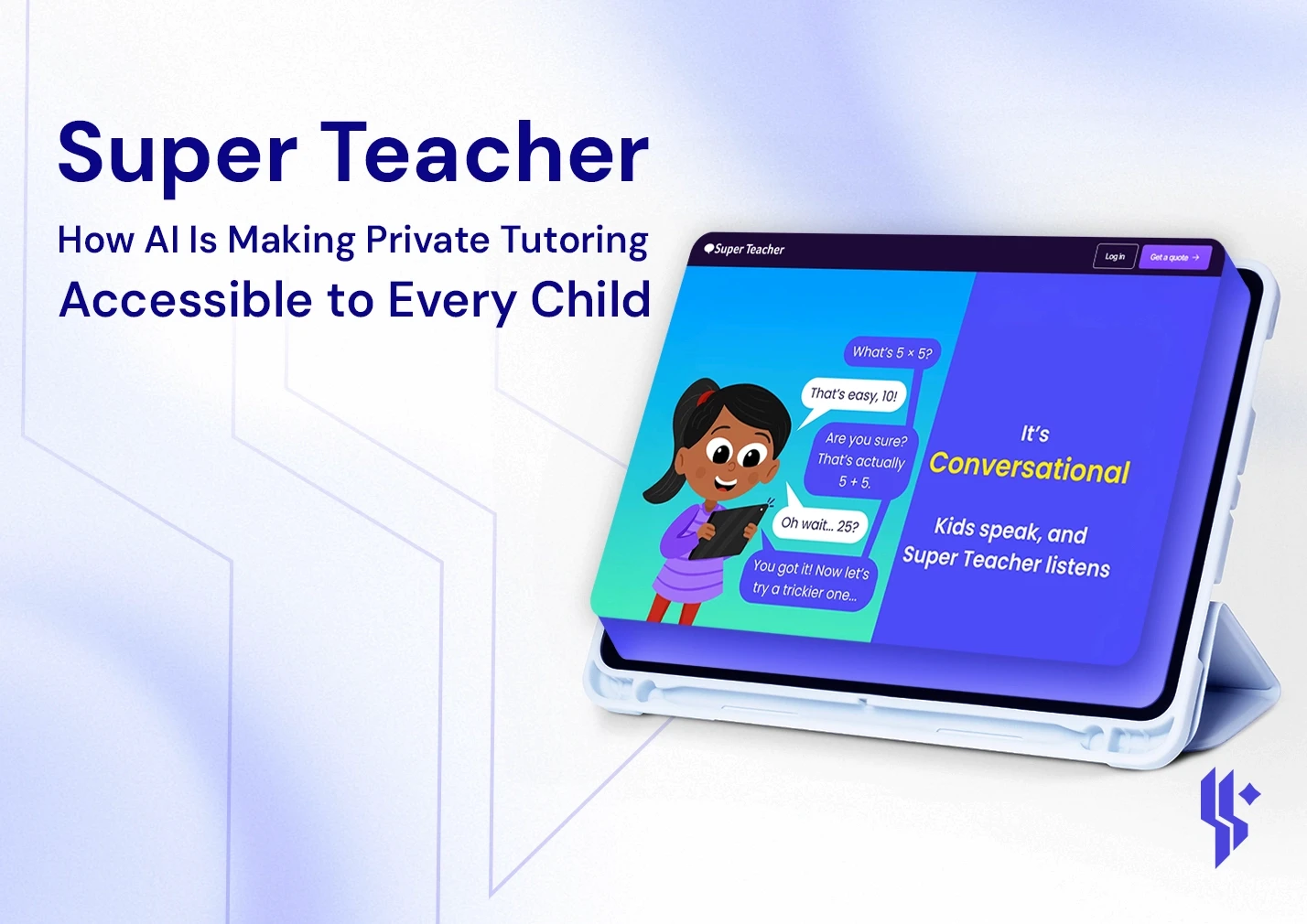Wynt Blog
Find an Article
Wynt Blog
Find an Article
Wynt Blog

Jul 23, 2025
Inside the Windsurf-Cognition Deal: What It Means for AI Startups Navigating Big Tech Acquihires
Windsurf’s Acquisition by Cognition: The AI Talent Battle Behind the Scenes
In a dramatic turn of events that’s shaking up the AI startup ecosystem, Windsurf, the AI coding startup once rumored to be acquired by OpenAI, has instead been acquired by Cognition, a move that underscores the increasing complexity of startup exits in the era of “reverse acquihires.”
This unfolding story offers more than just business intrigue, it provides a real-time case study on how AI startups must navigate talent wars, acquisition strategies, and morale-crushing surprises when larger tech giants get involved.
⸻
The Windsurf Rollercoaster: From OpenAI to Google to Cognition
Windsurf, known for its cutting-edge AI coding technologies, was deep in talks with OpenAI before the deal fell apart. Instead, Google DeepMind scooped up Windsurf’s CEO Varun Mohan, co-founder Douglas Chen, and several top researchers in what looked like a classic reverse acquihire: a strategic move where companies hire top talent and license tech, avoiding full acquisitions that might trigger antitrust scrutiny.
While Google reportedly agreed to license Windsurf’s tech for $2.4 billion, it did not take equity or acquire the company outright, leaving the startup’s core business and remaining team members in limbo.
⸻
"The Worst and Best Days of 250 Lives"
According to Jeff Wang, Windsurf’s Head of Business turned interim CEO, the sudden leadership exits shocked the team. At an all-hands meeting on June 11, employees expecting to celebrate a high-profile acquisition instead faced an unexpected reality: their leadership was gone, and the company’s future uncertain.
What followed was a whirlwind weekend. Wang began negotiating with Cognition’s Scott Wu and Russell Kaplan, while simultaneously convincing engineers to stay and weighing other acquisition offers. By Monday morning at 9:30 AM, the Windsurf-Cognition deal was signed, sealed, and announced.
⸻
Why This Deal Matters: Reverse Acquihires Are Reshaping AI
The Windsurf story illustrates a rising trend in AI M&A strategy:
• Reverse acquihires allow tech giants to gain top talent and IP without regulatory roadblocks.
• Startups left behind must scramble to recover, rebuild trust, or find new homes quickly.
• Culture, equity, and employee care are becoming central to deal negotiations, as shown by Cognition’s commitment to accelerate vesting and waive equity cliffs for Windsurf staff.
We structured the deal to give a payout to every employee,” Wang said. “It was critical to take care of the team.”
⸻
The Strategic Fit: Cognition + Windsurf
For Cognition, the acquisition filled a key gap: while its engineering team is best-in-class, go-to-market (GTM) and marketing were lacking. Windsurf, meanwhile, had lost much of its core engineering talent but retained a strong product and business team.
As Wang put it:
“It was a perfect complement, two halves of a powerfully aligned AI company.”
⸻
The Takeaway: Startup Founders Must Prepare for the Unexpected
Windsurf’s story is a lesson for AI startup founders everywhere:
• Prepare for sudden shifts in leadership, funding, and acquisition paths.
• Communicate transparently with teams during times of uncertainty.
• Value culture and team care in any M&A strategy, not just valuation.
Whether you’re building, buying, or navigating the future of AI, Windsurf’s journey shows that agility, resilience, and trust are just as critical as code.
Have More Questions?
Reach out Through
Latest Articles
Stay Updated with Our Latest Insights

Jul 23, 2025
Inside the Windsurf-Cognition Deal: What It Means for AI Startups Navigating Big Tech Acquihires
Windsurf’s Acquisition by Cognition: The AI Talent Battle Behind the Scenes
In a dramatic turn of events that’s shaking up the AI startup ecosystem, Windsurf, the AI coding startup once rumored to be acquired by OpenAI, has instead been acquired by Cognition, a move that underscores the increasing complexity of startup exits in the era of “reverse acquihires.”
This unfolding story offers more than just business intrigue, it provides a real-time case study on how AI startups must navigate talent wars, acquisition strategies, and morale-crushing surprises when larger tech giants get involved.
⸻
The Windsurf Rollercoaster: From OpenAI to Google to Cognition
Windsurf, known for its cutting-edge AI coding technologies, was deep in talks with OpenAI before the deal fell apart. Instead, Google DeepMind scooped up Windsurf’s CEO Varun Mohan, co-founder Douglas Chen, and several top researchers in what looked like a classic reverse acquihire: a strategic move where companies hire top talent and license tech, avoiding full acquisitions that might trigger antitrust scrutiny.
While Google reportedly agreed to license Windsurf’s tech for $2.4 billion, it did not take equity or acquire the company outright, leaving the startup’s core business and remaining team members in limbo.
⸻
"The Worst and Best Days of 250 Lives"
According to Jeff Wang, Windsurf’s Head of Business turned interim CEO, the sudden leadership exits shocked the team. At an all-hands meeting on June 11, employees expecting to celebrate a high-profile acquisition instead faced an unexpected reality: their leadership was gone, and the company’s future uncertain.
What followed was a whirlwind weekend. Wang began negotiating with Cognition’s Scott Wu and Russell Kaplan, while simultaneously convincing engineers to stay and weighing other acquisition offers. By Monday morning at 9:30 AM, the Windsurf-Cognition deal was signed, sealed, and announced.
⸻
Why This Deal Matters: Reverse Acquihires Are Reshaping AI
The Windsurf story illustrates a rising trend in AI M&A strategy:
• Reverse acquihires allow tech giants to gain top talent and IP without regulatory roadblocks.
• Startups left behind must scramble to recover, rebuild trust, or find new homes quickly.
• Culture, equity, and employee care are becoming central to deal negotiations, as shown by Cognition’s commitment to accelerate vesting and waive equity cliffs for Windsurf staff.
We structured the deal to give a payout to every employee,” Wang said. “It was critical to take care of the team.”
⸻
The Strategic Fit: Cognition + Windsurf
For Cognition, the acquisition filled a key gap: while its engineering team is best-in-class, go-to-market (GTM) and marketing were lacking. Windsurf, meanwhile, had lost much of its core engineering talent but retained a strong product and business team.
As Wang put it:
“It was a perfect complement, two halves of a powerfully aligned AI company.”
⸻
The Takeaway: Startup Founders Must Prepare for the Unexpected
Windsurf’s story is a lesson for AI startup founders everywhere:
• Prepare for sudden shifts in leadership, funding, and acquisition paths.
• Communicate transparently with teams during times of uncertainty.
• Value culture and team care in any M&A strategy, not just valuation.
Whether you’re building, buying, or navigating the future of AI, Windsurf’s journey shows that agility, resilience, and trust are just as critical as code.
Have More Questions?
Reach out Through

Jul 23, 2025
Inside the Windsurf-Cognition Deal: What It Means for AI Startups Navigating Big Tech Acquihires
Windsurf’s Acquisition by Cognition: The AI Talent Battle Behind the Scenes
In a dramatic turn of events that’s shaking up the AI startup ecosystem, Windsurf, the AI coding startup once rumored to be acquired by OpenAI, has instead been acquired by Cognition, a move that underscores the increasing complexity of startup exits in the era of “reverse acquihires.”
This unfolding story offers more than just business intrigue, it provides a real-time case study on how AI startups must navigate talent wars, acquisition strategies, and morale-crushing surprises when larger tech giants get involved.
⸻
The Windsurf Rollercoaster: From OpenAI to Google to Cognition
Windsurf, known for its cutting-edge AI coding technologies, was deep in talks with OpenAI before the deal fell apart. Instead, Google DeepMind scooped up Windsurf’s CEO Varun Mohan, co-founder Douglas Chen, and several top researchers in what looked like a classic reverse acquihire: a strategic move where companies hire top talent and license tech, avoiding full acquisitions that might trigger antitrust scrutiny.
While Google reportedly agreed to license Windsurf’s tech for $2.4 billion, it did not take equity or acquire the company outright, leaving the startup’s core business and remaining team members in limbo.
⸻
"The Worst and Best Days of 250 Lives"
According to Jeff Wang, Windsurf’s Head of Business turned interim CEO, the sudden leadership exits shocked the team. At an all-hands meeting on June 11, employees expecting to celebrate a high-profile acquisition instead faced an unexpected reality: their leadership was gone, and the company’s future uncertain.
What followed was a whirlwind weekend. Wang began negotiating with Cognition’s Scott Wu and Russell Kaplan, while simultaneously convincing engineers to stay and weighing other acquisition offers. By Monday morning at 9:30 AM, the Windsurf-Cognition deal was signed, sealed, and announced.
⸻
Why This Deal Matters: Reverse Acquihires Are Reshaping AI
The Windsurf story illustrates a rising trend in AI M&A strategy:
• Reverse acquihires allow tech giants to gain top talent and IP without regulatory roadblocks.
• Startups left behind must scramble to recover, rebuild trust, or find new homes quickly.
• Culture, equity, and employee care are becoming central to deal negotiations, as shown by Cognition’s commitment to accelerate vesting and waive equity cliffs for Windsurf staff.
We structured the deal to give a payout to every employee,” Wang said. “It was critical to take care of the team.”
⸻
The Strategic Fit: Cognition + Windsurf
For Cognition, the acquisition filled a key gap: while its engineering team is best-in-class, go-to-market (GTM) and marketing were lacking. Windsurf, meanwhile, had lost much of its core engineering talent but retained a strong product and business team.
As Wang put it:
“It was a perfect complement, two halves of a powerfully aligned AI company.”
⸻
The Takeaway: Startup Founders Must Prepare for the Unexpected
Windsurf’s story is a lesson for AI startup founders everywhere:
• Prepare for sudden shifts in leadership, funding, and acquisition paths.
• Communicate transparently with teams during times of uncertainty.
• Value culture and team care in any M&A strategy, not just valuation.
Whether you’re building, buying, or navigating the future of AI, Windsurf’s journey shows that agility, resilience, and trust are just as critical as code.
Have More Questions?
Reach out Through





